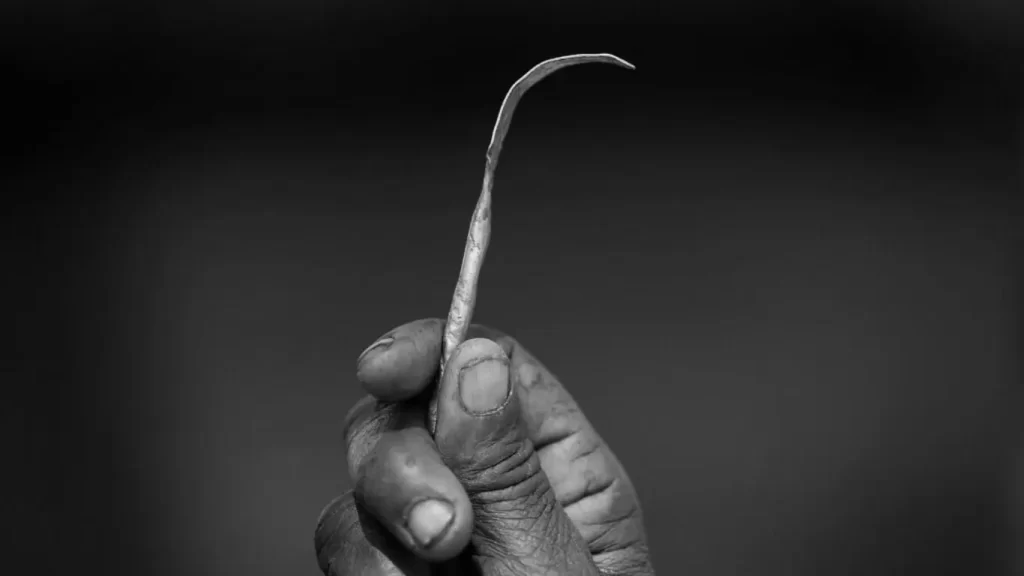International Laws.
- The Convention on the Elimination of all Forms of Discrimination Against Women (CEDAW): The United Nations General assembly adopted the CEDAW in 1979, enjoining all government to take step to abolish all discriminatory and harmful cultural practices against women and girls as well integrate gender concerns in all its laws, activities, programs and interventions to ensure the development and protection of women’s rights.
- The Convention on Rights of the child (CRC): CRC was adopted in 1989. It involves the protection of children from harmful traditional practices. FGM predominantly affects girls under the age of 18 and is fundamentally the issue of child right protection. CRC addresses the role of parents and family in making decisions for children, but places the ultimate responsibility for protecting the rights of a child in the hands of the government. It establishes the best interest of the child standard in addressing the rights of children. FGM is recognized as a violation of that best interest standard and violation of children rights.
- The African Charter on the Rights and Welfare of the Child (African Charter) (1990): This follows the standard established by CRC that “the best interests of the child shall be the primary consideration” by an individual or authority in addressing children related issues.
- The Inter-African Committee on Traditional Practices Affecting the Health of Women and Children: committed to ending FGM/C in Africa in Dakar by calling for an end to the practice.
- Protocol to the African Charter on Human and People’s Rights on the Rights of Women in Africa: The Maputo protocol in 2005, encouraged the African States to take steps to eliminate female genital cutting. The various calls by the bilateral organization and several African protocols inspired Nigeria to take concrete steps towards the eradication of FGM/C backed by the law. Although Nigeria had signed the United Nations General Assembly resolutions in 1989 and adopted the Convention on the Rights of the Child (CRC) in 1994, there was no documented local act or legislation against FGM/C until 2003, when the Child Rights Act (CRA) was passed into law.

National Laws.
- The Nigerian Constitution: The 1999 Constitution of the Federal Republic of Nigeria (CFRN) which is the supreme law of the land protects and guaranteed the fundamental human rights of all citizens. Section 34 states that “no person shall be subjected to any form of torture, inhuman or degrading treatment or punishment”. FGM indeed falls under the foregoing categories and thus can be punishable under this section.
- Child Rights Act: Passed in 2003 in Nigeria, the act has some provisions that outlaws the practice of FGM. Section 11(B) of CRA provides also that “no child shall be subjected to any form of torture, inhuman or degrading treatment or punishment”. However, it must be noted that this Act is not applicable in all states in Nigeria as few states are yet to pass it into law.
- Violence Against Persons Prohibition (VAPP) Act, 2015: Unlike the Nigerian constitution and CRC that does not specifically mention FGM, the VAPP act mentions FGM as a criminal act. It also makes provisions for the maximum protection of victims and also for the effective remedies for victims. Section 6 of the VAPP Act provides for a set of punishments for FGM. Some of these punishments include;
- Anybody who performs or engages another to perform FGM on any person is liable to a term of imprisonment not exceeding 4 years or to a fine not exceeding N200,000 or to both.
- Anybody who attempts, aids, abets, or incites another to carry out FGM is liable to a term not exceeding 2 years imprisonment or to a fine not exceeding N100,000 or to both.
